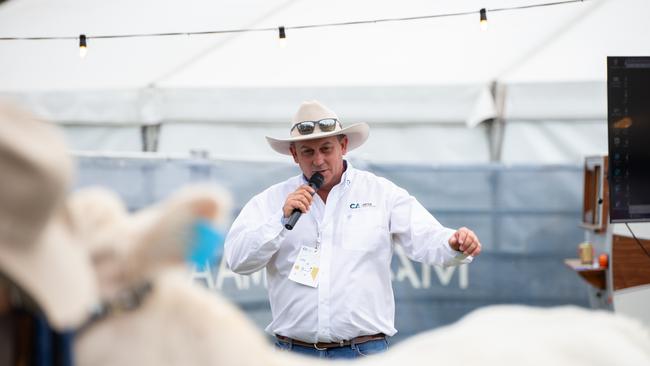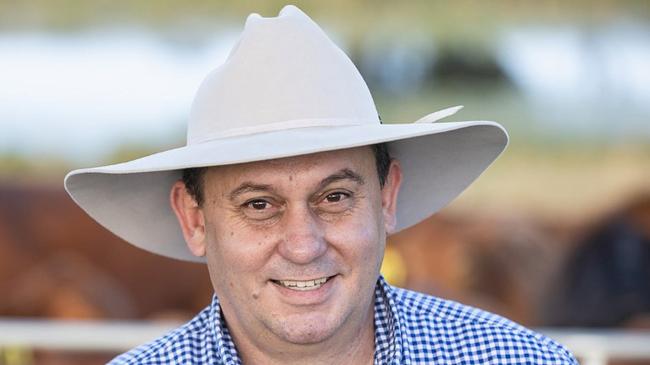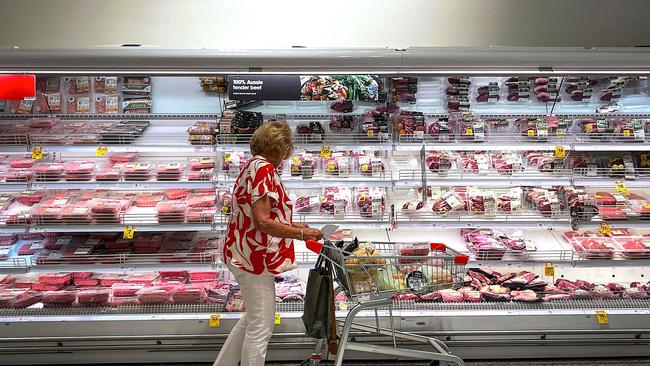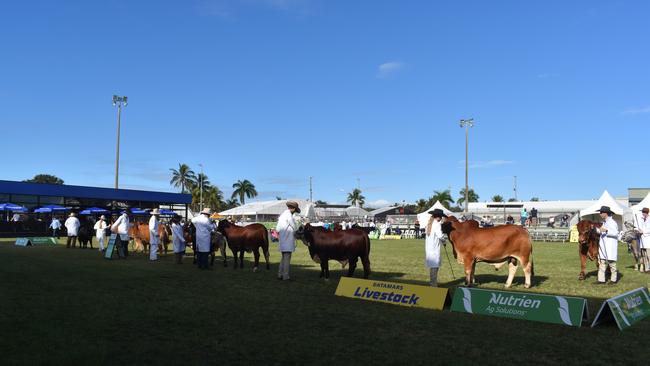Cattle Australia boss says there is no Aussie ban on US beef, as he serves up the true trade story
The Cattle Australia boss serves up the true trade story.

Central Queensland
Don't miss out on the headlines from Central Queensland. Followed categories will be added to My News.
When Garry Edwards talks about the unfairness of Donald Trump’s 10 per cent US beef tariff on Australian beef, he’s speaking for more than 50,000 beef producers and also many millions of hamburger lovers in the USA.
The Chair of Cattle Australia (representing our 52,000 beef producers) and CEO of AAM, which runs 120,000 head of cattle across Australia including properties in Central Queensland at Blackall, says thousands of the nation’s beef producers are baffled and disappointed by the tariff as it has no basis from a fair-trade perspective.
Mr Edwards said the widely reported US claim that there was an Australia ban on US beef was false.
“There’s many, many producers out there are confused with the lack of clarity in the original communication around this issue,” he said.
“We’re very disappointed, given that much of President Trump’s communication and that from his administration is around equivalency as there is no tariff on American beef should it come here. So on that basis there should be no tariff on Australian beef going to the US.”

He said beef was part of a free trade agreement developed in 2003 that dealt with how the product was traded between “our companies and our countries”.
But the beef portion of that free trade agreement was suspended in 2003 when it was confirmed the United States had an occurrence of mad cow disease.
That suspension was removed in 2019.
“So since 2019, should the American industry have wanted to sell beef to Australia, they could have,” Mr Edwards said.
“A simple requirement was one of equivalency, whereby they had to verify through a country of origin labeling process, the same traceability that we do here, that the beef that they sent here was born, raised, grown, fed, and processed in the United States and did not originate from any other country, whether that be Canada or whether that be Mexico.
“Unfortunately, the US market has chosen not to do that and there’s millions of tonnes of its product that would meet that (standard).
“But this is a reflection that the American market doesn’t need to, and really doesn’t wish to export its beef to Australia, because if it did, it would be selling it at a lower price, compared to what it’s selling it in its domestic market.”

Mr Edwards hopes common sense prevails as the US will also be victims.
“The US imports $3.7 billion of high quality Australian beef and the US market and the US consumer is heavily reliant on our lean beef, as well as our high-quality beef,” he said.
“America historically, has seen that where there are shortfalls in their own supply, they have wanted to purchase more of our beef, whether it be our high-quality steaks or whether it’s our our leaner grassfed beef to go into their burger patties from Australia because of our food security, because of our (high) biosecurity standards.
“So ultimately all that does is increase the cost of food for the American population. Their demand for beef is not likely to diminish.”
Short supply of high quality beef in the US is certain.
“They’re going to pay the tariff because the American industry relies on getting our lean grass fed product in order to create and service to demand of their burger industry.
“Hopefully commonsense does prevail in the coming months and this is reset or at least it’s enforced on an equivalent basis, remembering that equivalency is zero.”

Mr Edwards said CEO of Cattle Australia, Dr Chris Barker, just been in Washington trying to engage on the tariff threat.
“(But) there hasn’t been much engagement and certainly been no transparency on what was proposed up until this morning,” he said.
“So very clearly we need to engage directly with the Trump administration and ensure that they fully understand what the situation is between Australia and the US, particularly as it relates to beef, because it doesn’t appear that that’s fully comprehended with some of the statements that’s coming out at this point in time.
“We would be hopeful that we can address this situation in the near future.”




